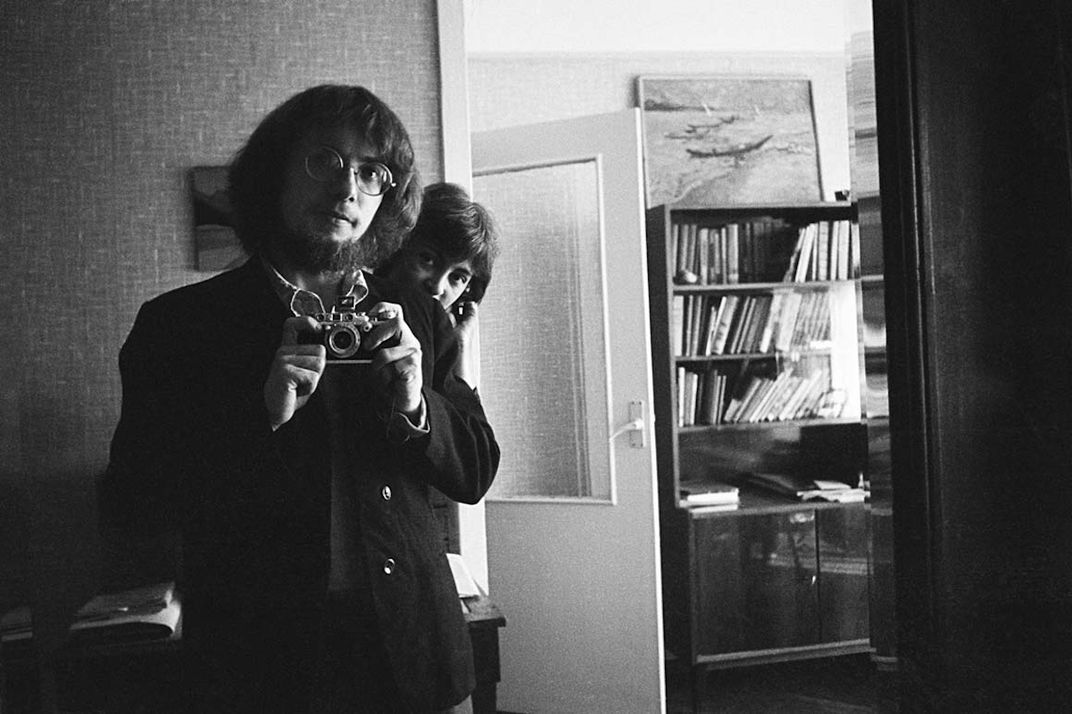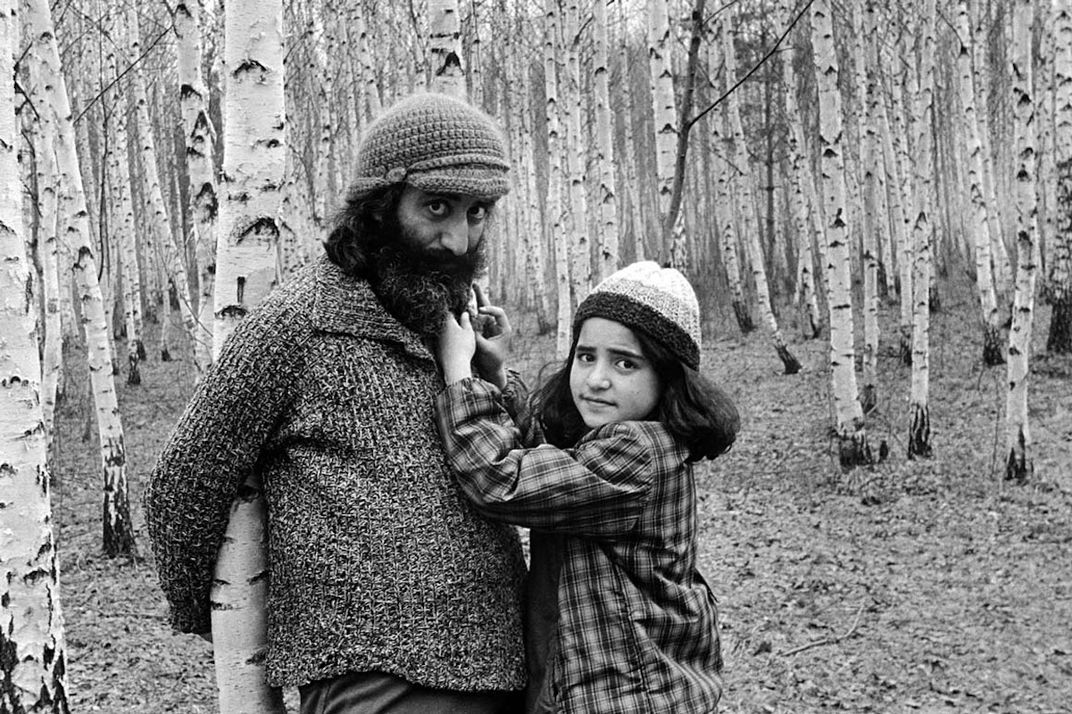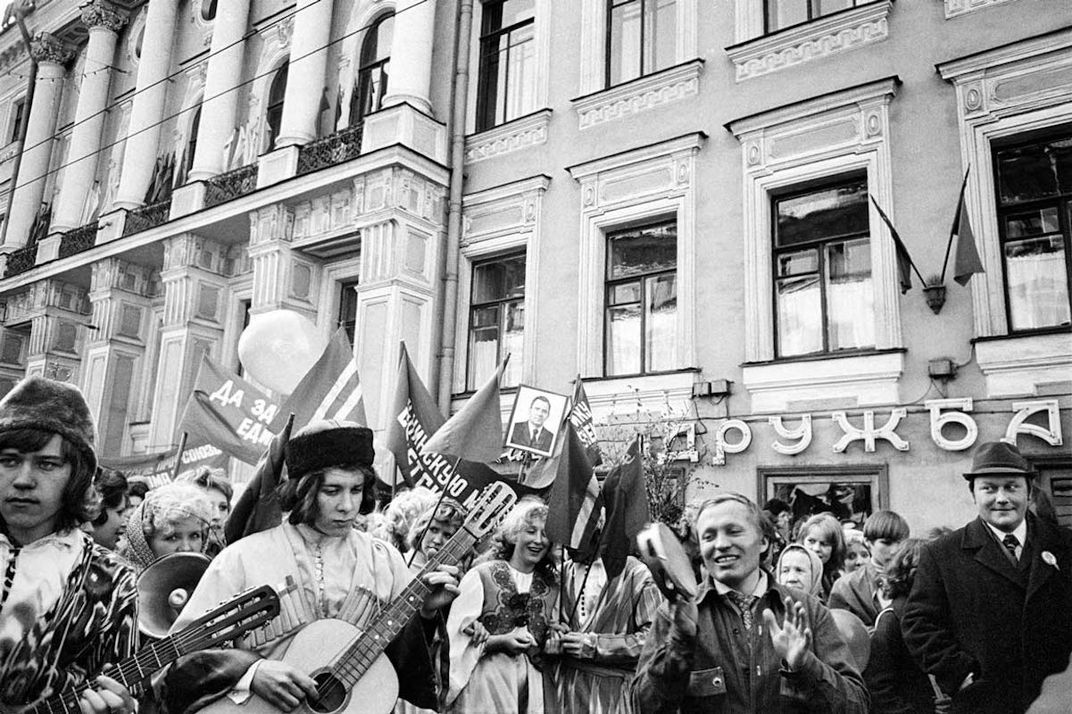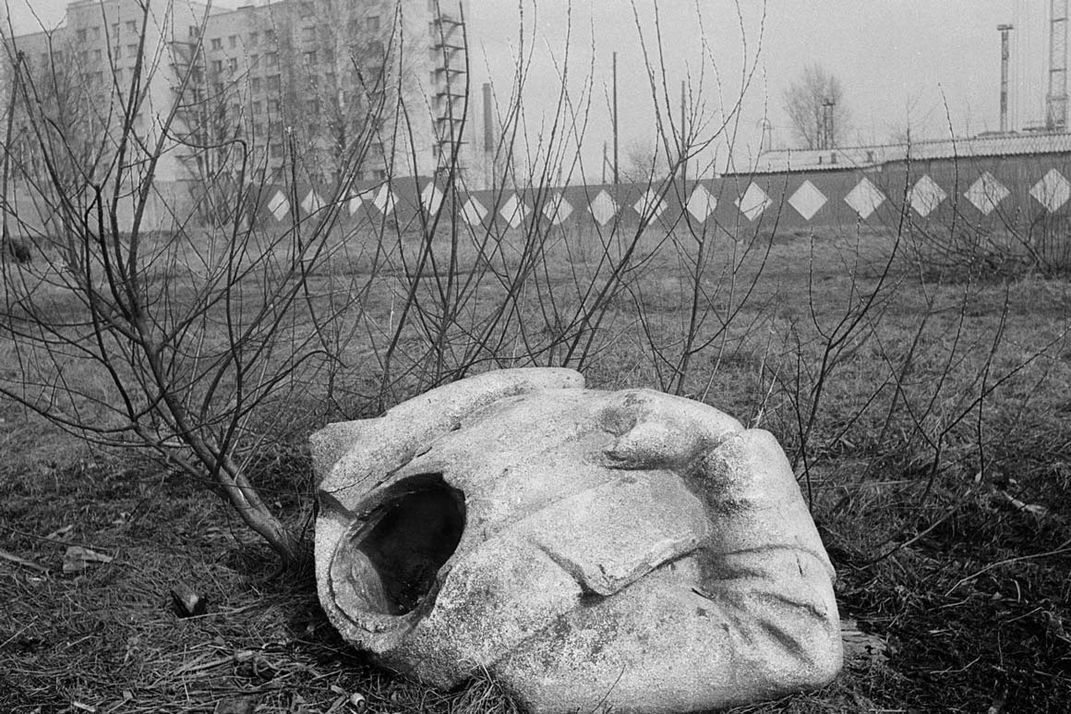Found: 30,000 Photographs by the ‘Russian Vivian Maier’
The photographer’s daughter stumbled upon the photo-films in the family attic
By now most of us have heard of Vivian Maier. In the latter half of the 20th century, the street photographer captured unique images of Chicago's residents, including the elderly and homeless. But she rarely shared her work, and so when her negatives were discovered posthumously at auction, people were amazed by Maier's eye—and her prolific nature. From the 1950s to 1990s, she took roughly 100,000 photographs.
Now, a Russian woman named Masha Ivashintsova appears to have a similar story.
As PetaPixel reports, Ivashintsova, who was born in 1942, photographed residents and life in Leningrad, Russia, constantly, but she never showed her work to anyone.
Only last year, about 17 years after her death, were some 30,000 of her negatives and undeveloped film found in the family attic by her daughter, Asya Ivashintsova-Melkumyan.
The images were taken between 1960 and 1999 using a Leica IIIc and Rolleiflex on Svema film. They range from images of communist rallies in Leningrad to self-portraits to portraits of her family and friends.
According to PetaPixel, Ivashintsova was born into a wealthy family whose assets were seized following the Bolshevik Revolution. She trained as a ballerina as a young girl but was later pulled out of training and enrolled in a technical college. On a website set up for her mother, Ivashintsova-Melkumyan writes that with her artistic career cut short, Ivashintsova worked several jobs and got involved in the poetic and photography underground movement of the 1960s through '80s. She was romantically involved with photographer Boris Smelov, poet Viktor Krivulin and linguist Melvar Melkumyan. It was because of those relationships that chose not to highlight her own work.
“She sincerely believed that she paled next to them and consequently never showed her photography works, her diaries and poetry to anyone during her life,” Ivashintsova-Melkumyan writes.
But the years of living under communist rule ate away at her, and she was ultimately committed to a mental hospital against her will. She died in 2000 following a battle with cancer.
“I see my mother as a genius, but she never saw herself as one — and never let anybody else see her for what she really was,” Ivashintsova-Melkumyan writes.
Ivashintsova’s work will be exhibited for the first time this summer in Vienna, but if you can’t make it, you can see a collection of her work on the website. Not all of the negatives have been scanned yet, but a small team of friends and family is working on building out the collection, called Masha Galleries.





